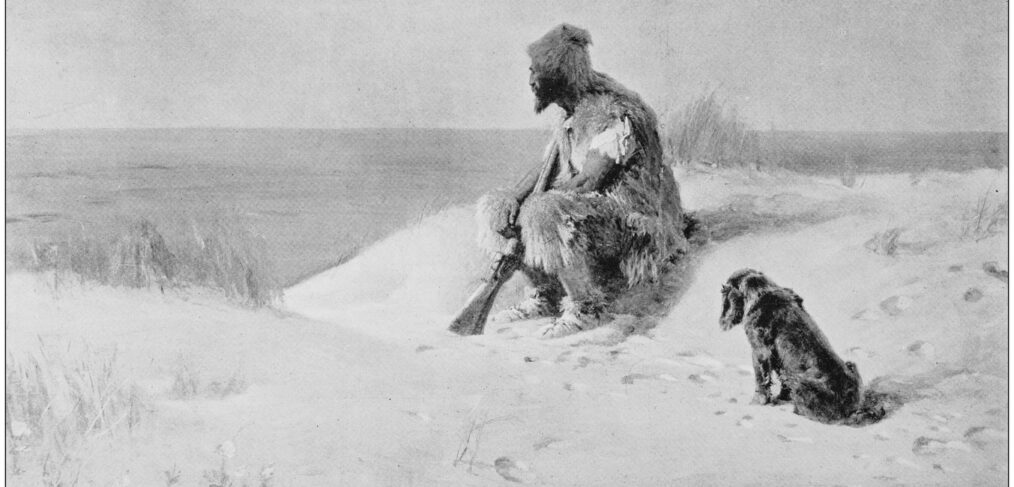When we swat a mosquito, we don’t necessarily have any hostility toward it or its actions; we are indifferent. We are merely getting rid of an annoyance. That may be our attitude toward a great many things in the world—we don’t give them much thought, and we don’t care that much, if at all. For us to care about something, it must have some kind of emotional connection to us. We must have a reason for feeling something, positive or negative, about it and how we interact with it. Sometimes our indifference is affected for a purpose, sometimes it is genuine. Sometimes indifference is intentional, while sometimes it is due to a lack of awareness. Sometimes we are aware, but there is no emotional connection—there is no common frame of reference that would make us care. We can know something or someone well but still be indifferent due to how little they are involved in our lives. And, in the same way that we should be aware of why we have strong emotions about something, we should be aware of when and why we don’t.
Do you consider yourself rebellious? There is an intensity to the word rebellion that suggests a significant and robust opposition. To me, it also indicates a solitary position—of being alone in opposition to something. From the perspective of personal identity and growth, any mindset or behavior that goes against expectations can be an act of rebellion. These may be as important as moving away from expectations that have been ingrained since childhood or as simple as a fashion statement. However, none are insignificant. When you act in a way that is true to your essential self and away from societal or personal expectations, you act rebelliously in the most healthy way. It will help you grow, find confidence, and give your life more meaning.
What does it mean to get past something or get over something—a tragedy, for example? It doesn’t mean that it’s not with you anymore. It doesn’t mean you didn’t learn from it. It means that you’ve somehow put it past you to some degree. This might mean that you’ve been able to get back to some semblance of a normal routine. It might mean that it isn’t dominating your emotional state anymore. Moving beyond an event means incorporating that experience into your lifetime of lessons and insights. It’s about gaining a heightened perspective on yourself and how you interact with your world. It’s about transcendence.
It’s the middle of the night, and you wake up as a different person. You’re still you, but part of you is missing. The part of you that is confident in your life and your path is missing, and what is left is a mess of doubts, fears, and worries, with maybe even a healthy dose of self-hatred. Why is it that there are times in our lives when we are happy, confident, and energetic and other times, maybe even the same day, when all of that seems stripped away, or replaced by its negative twin? It may happen when we can’t sleep in the middle of the night, or when we’re commuting, or when we’re alone for any length of time. It’s important to know why this happens and what we do when it does happen.
I am truly fortunate to have a rich life, filled with people who are close to me, while still having a significant amount of independence. When my son was young, my situation was decidedly less flexible as our lives were inextricably intertwined, and I wouldn’t have had it any other way. But now that he’s older, I have significantly more time that I can call my own. I miss my time with young Peter, but I love my time with old Pete. No one is free from a certain number of commitments and expectations. Without them, you would be hard-pressed to make a positive contribution in life, but balancing them with your lifestyle is key to living a life that is true to you. One way to address that balance is to find some dedicated time alone so that you can explore your desires, passions, and behavior, be with yourself, and be present for yourself.





